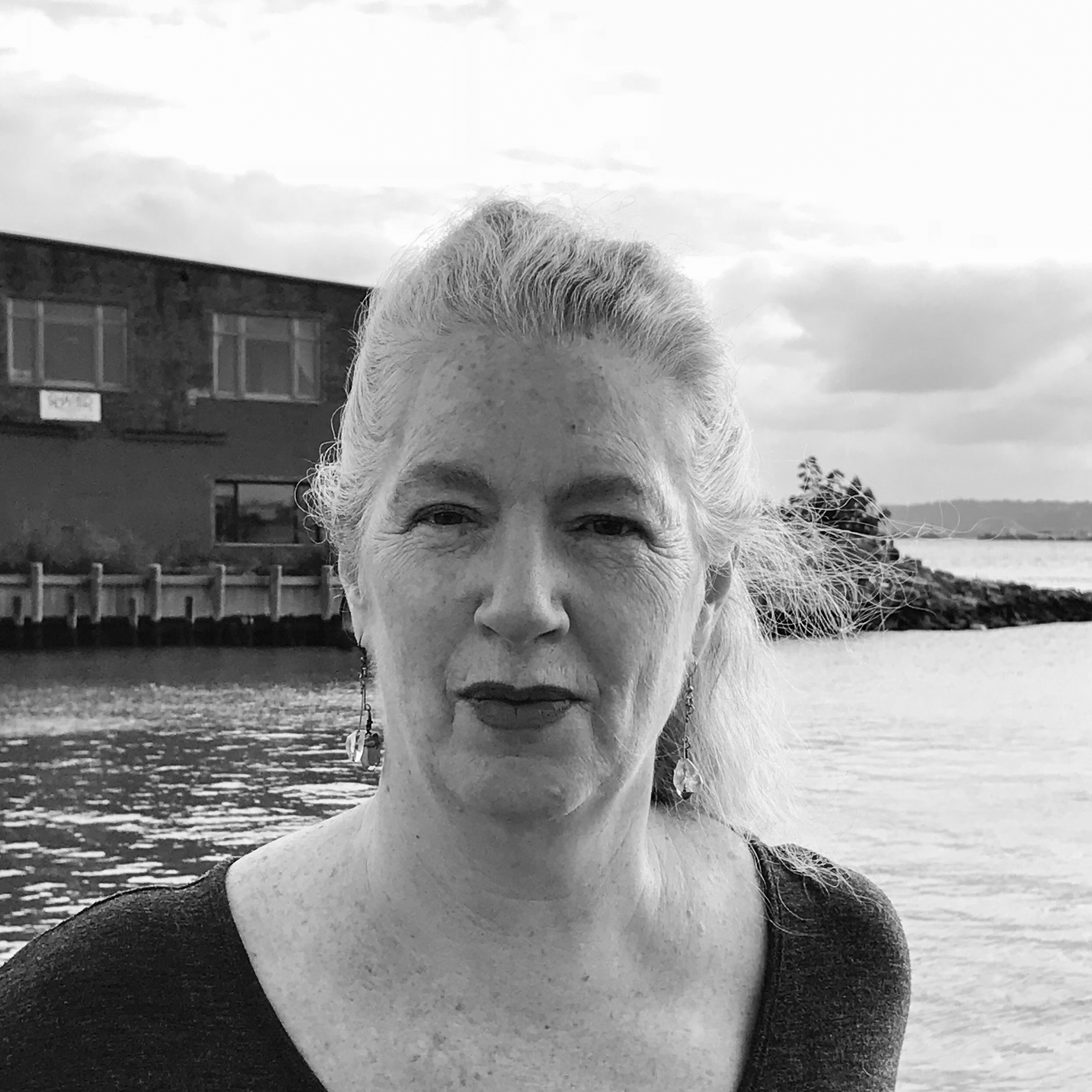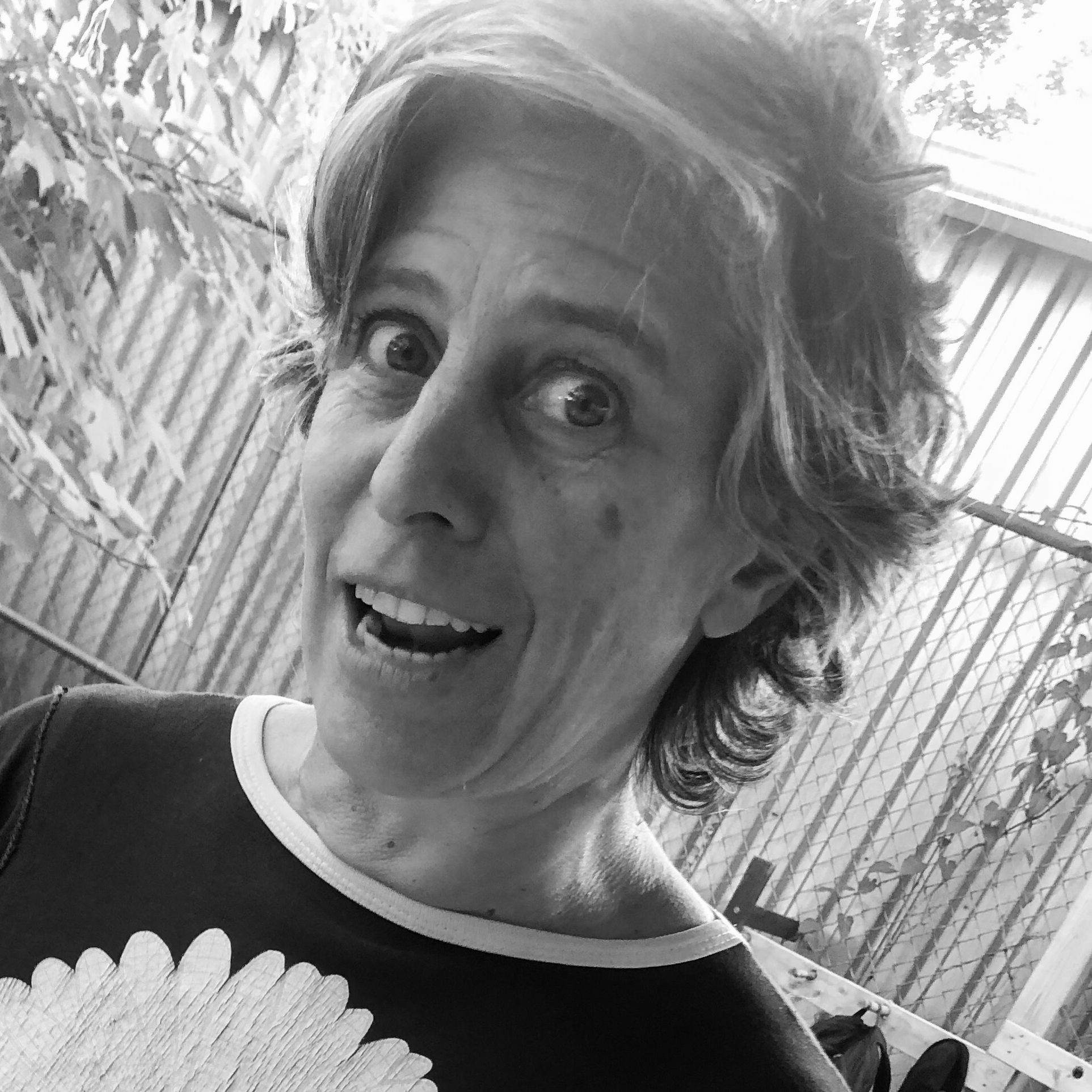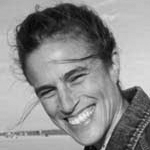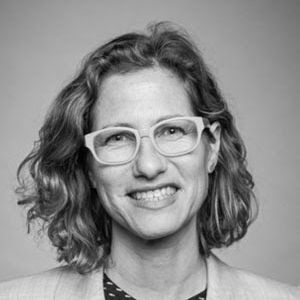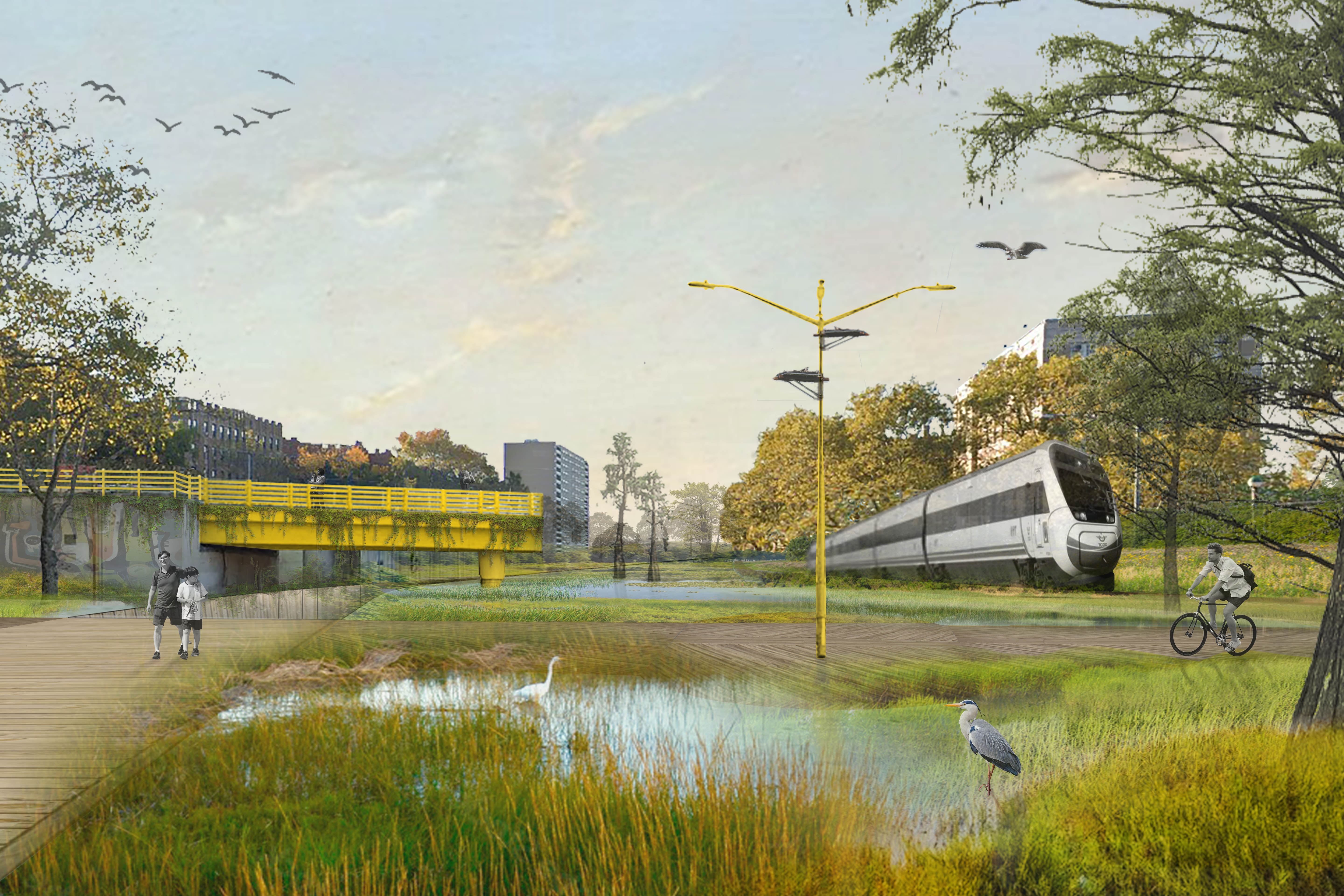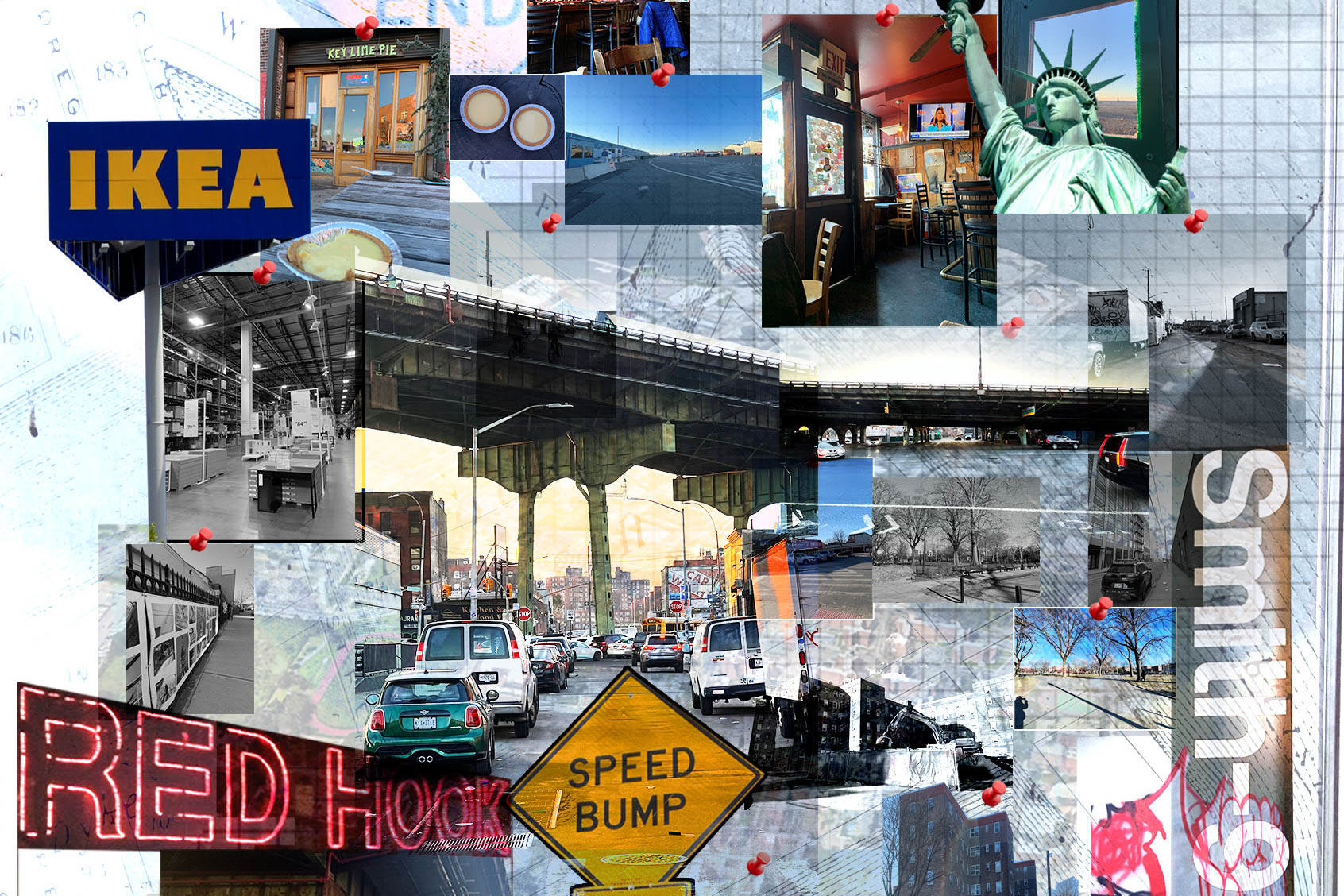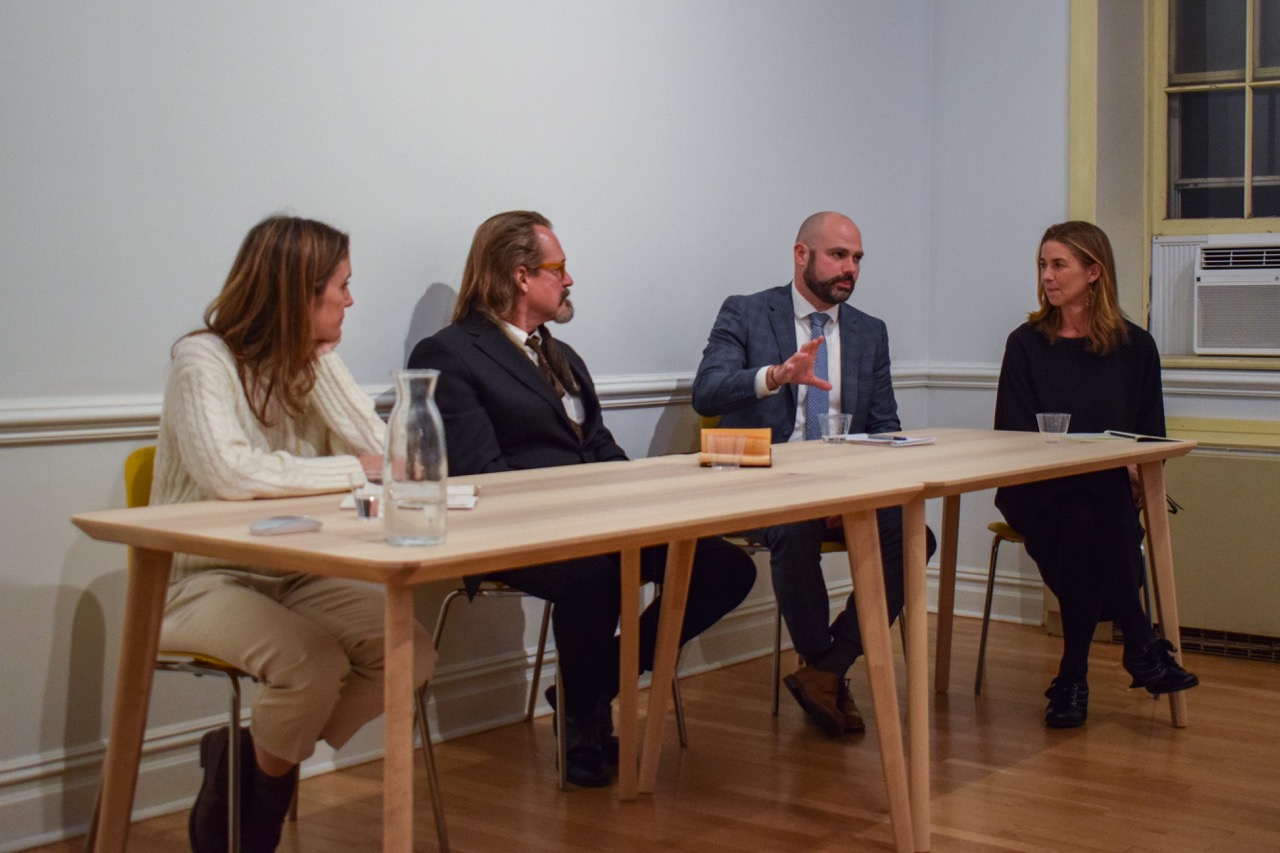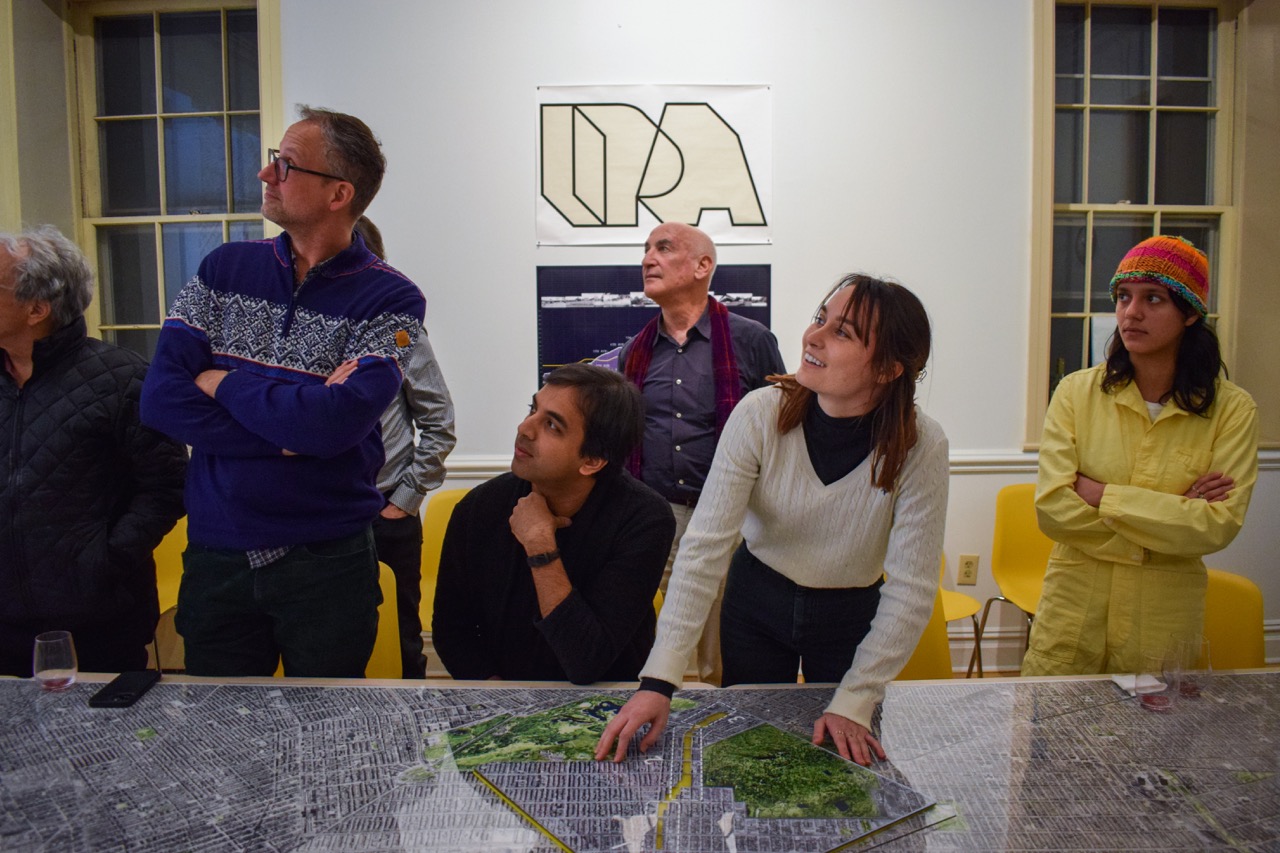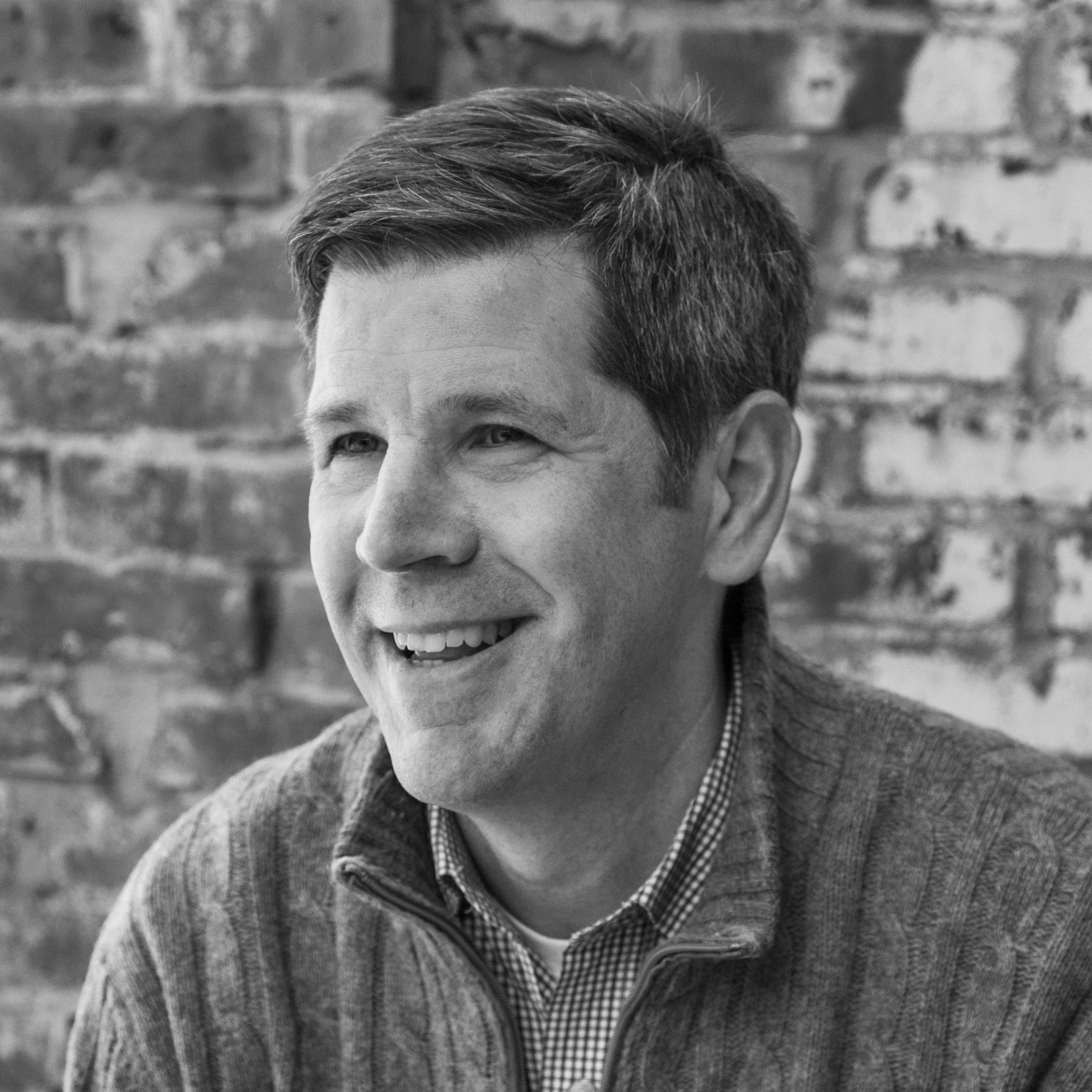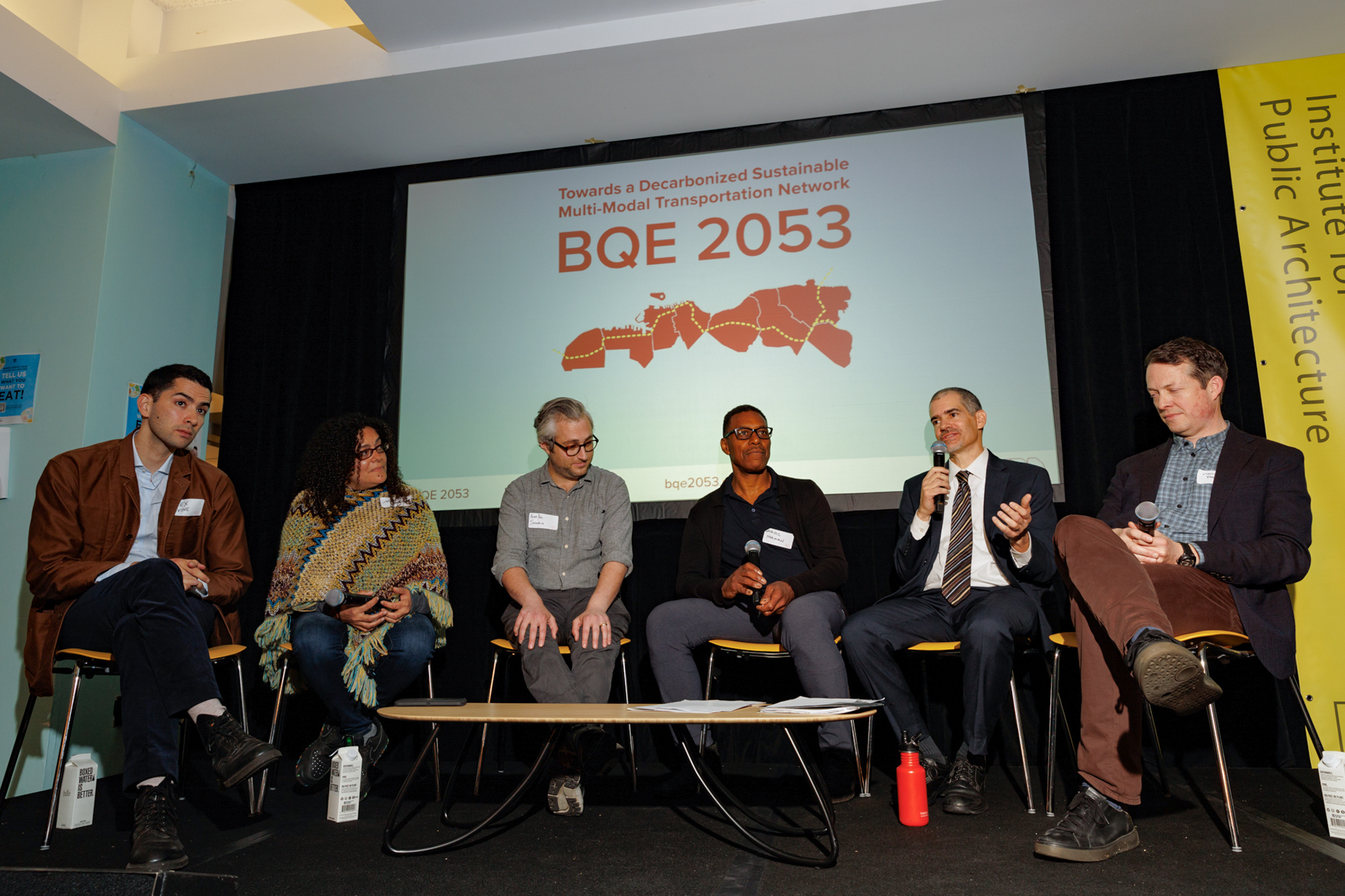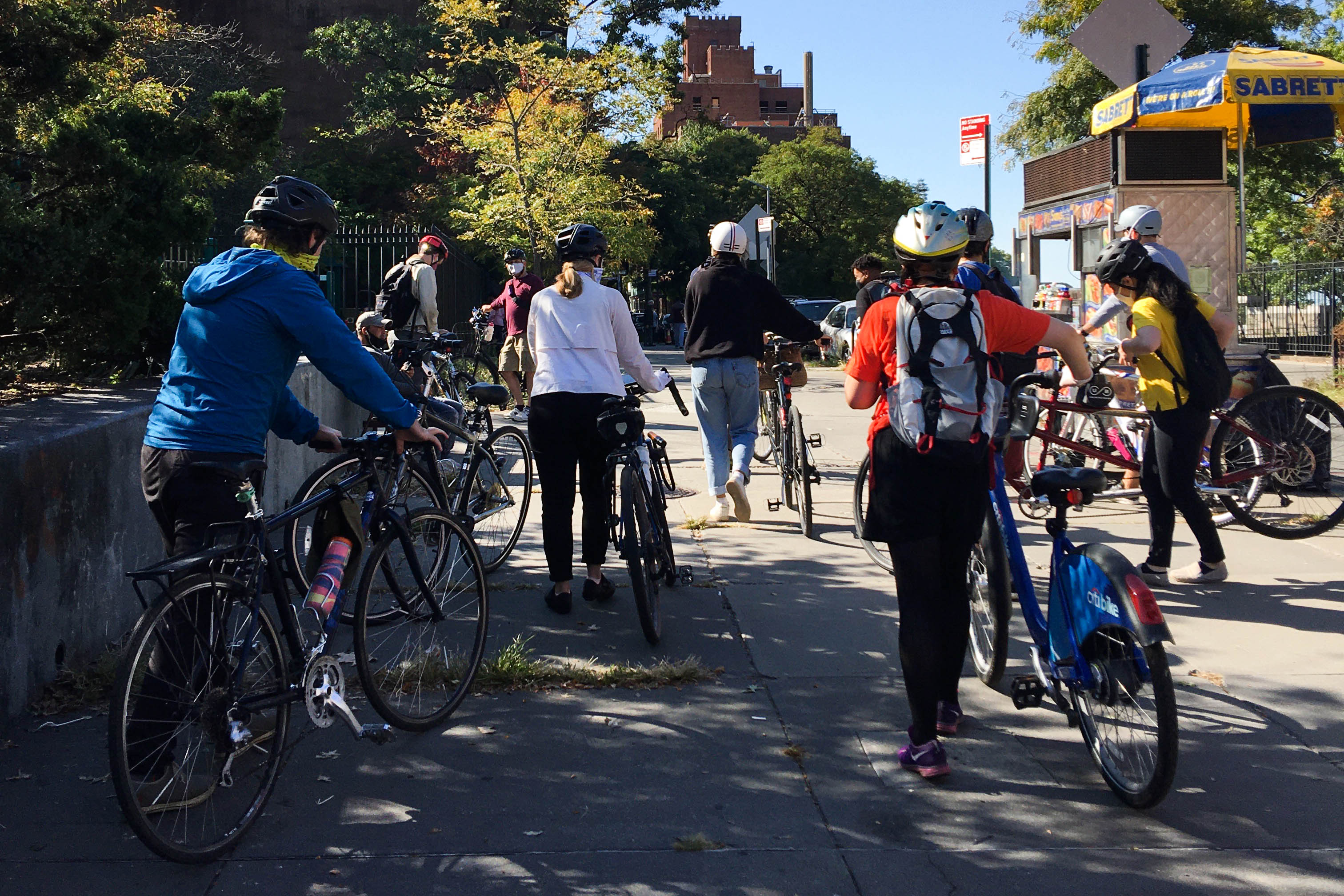2022 Fall Fellowship: Reconnecting Communities Across the BQE: Unraveling Moses’ Legacy
October 13, 2022 -
December 1, 2022
@ The Block House
︎︎︎ BQE2053
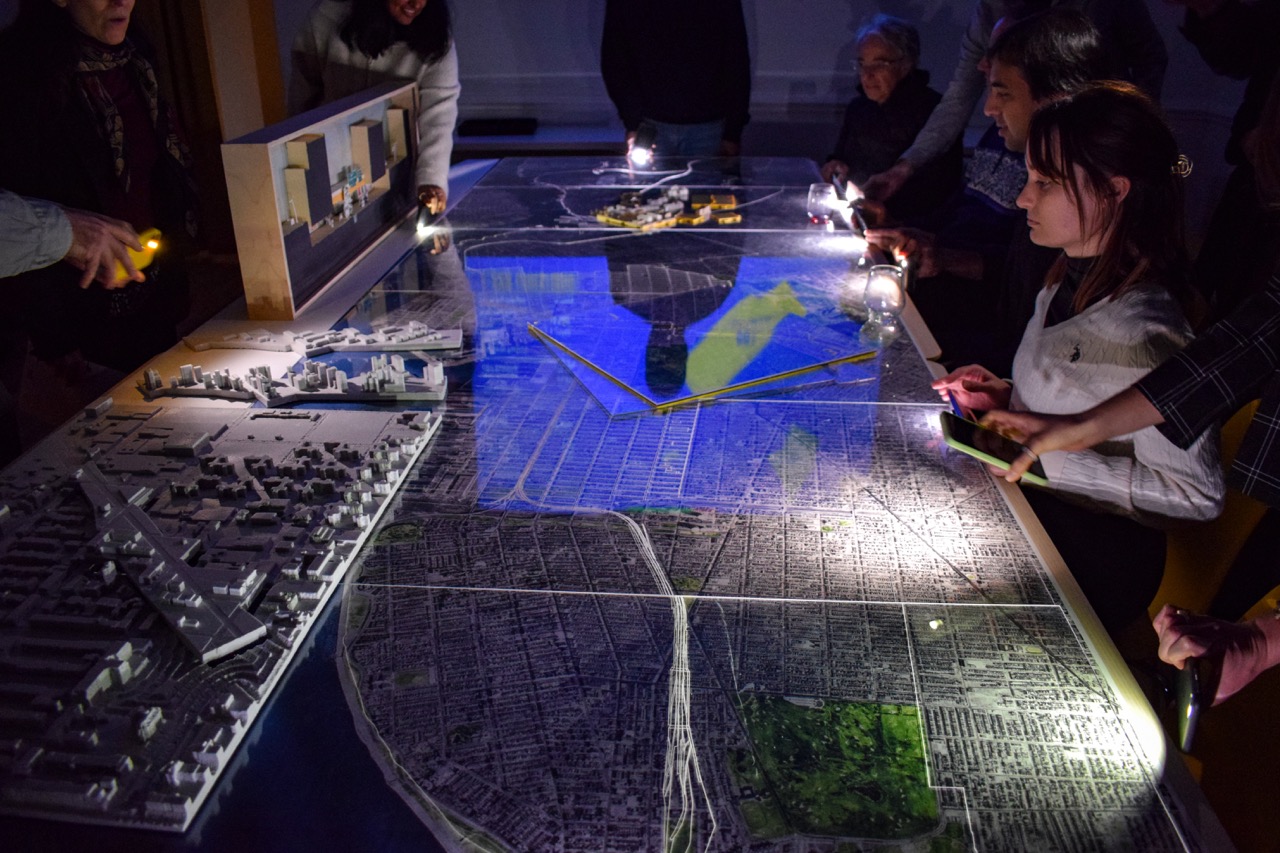
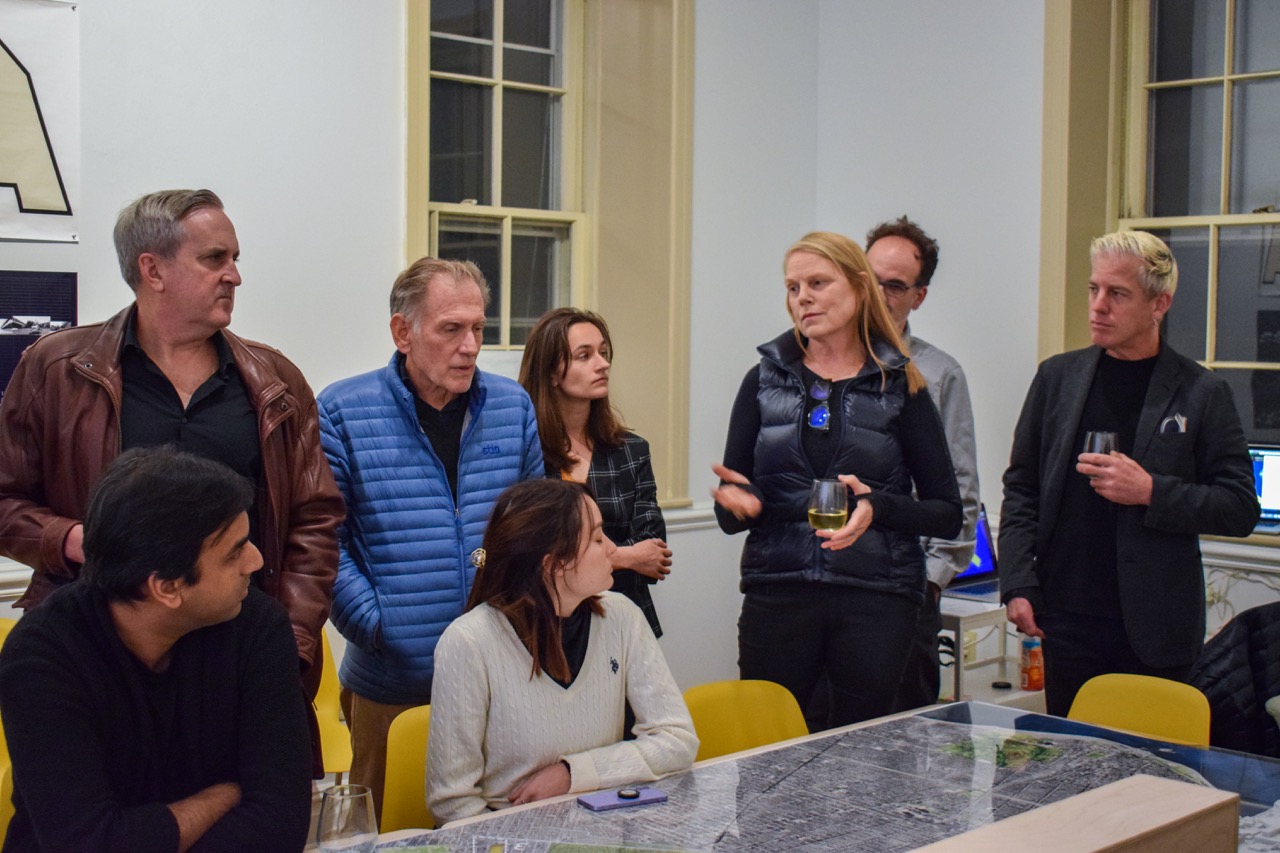
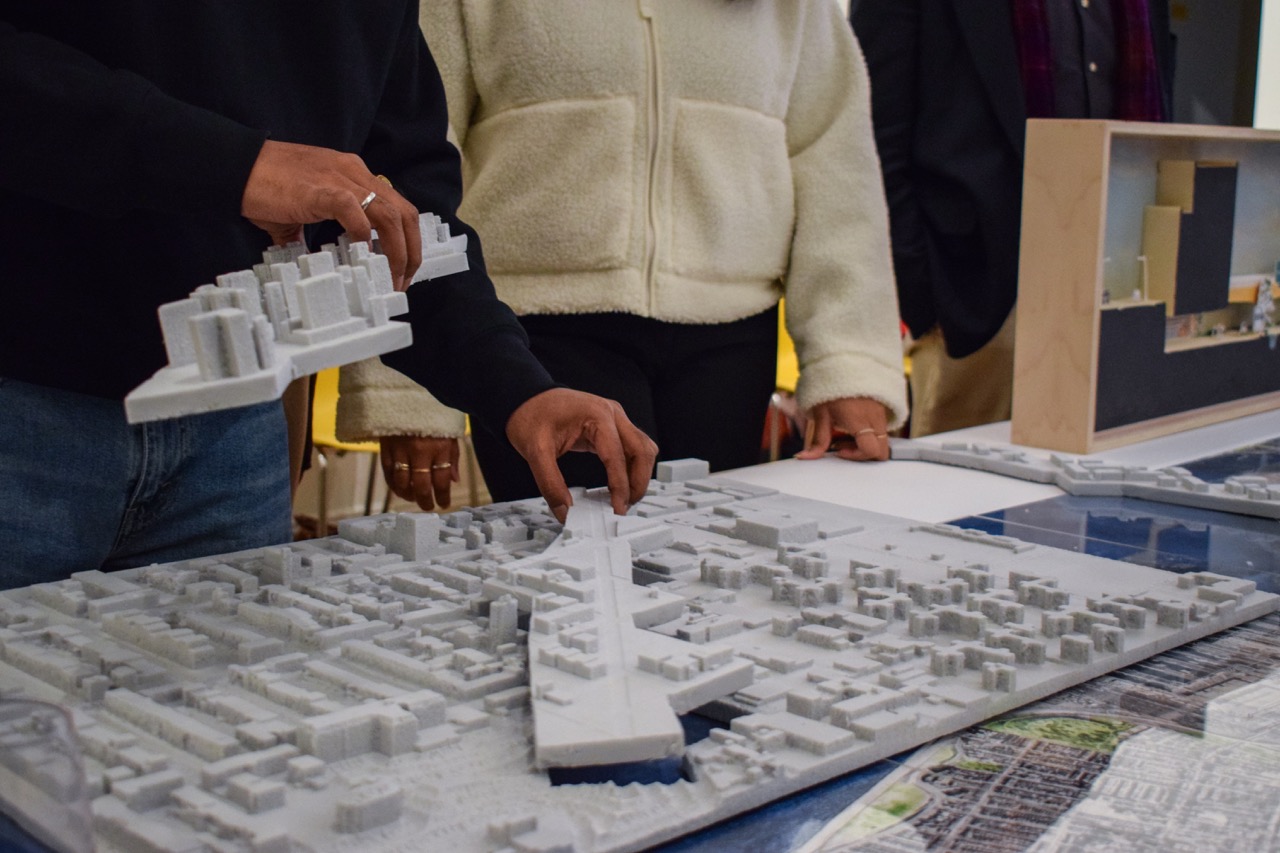
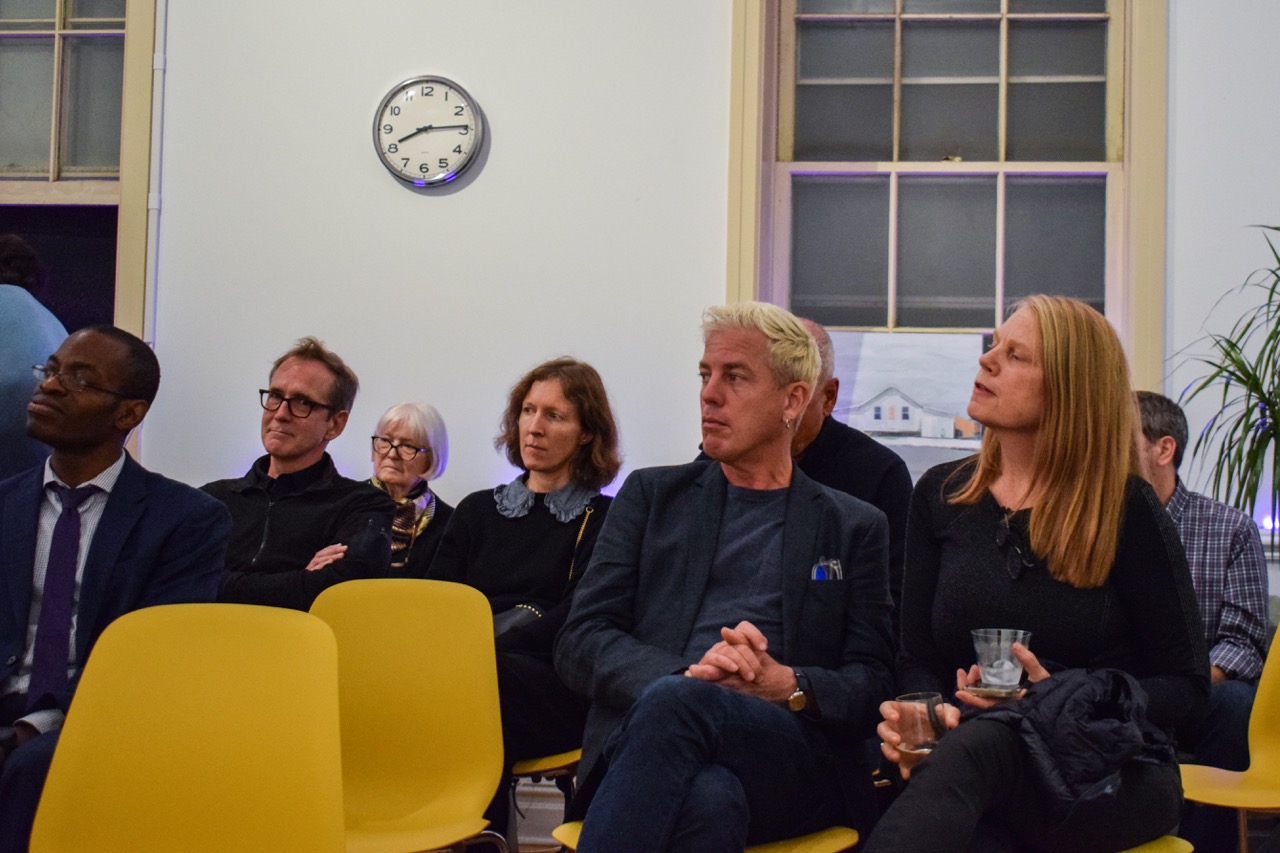

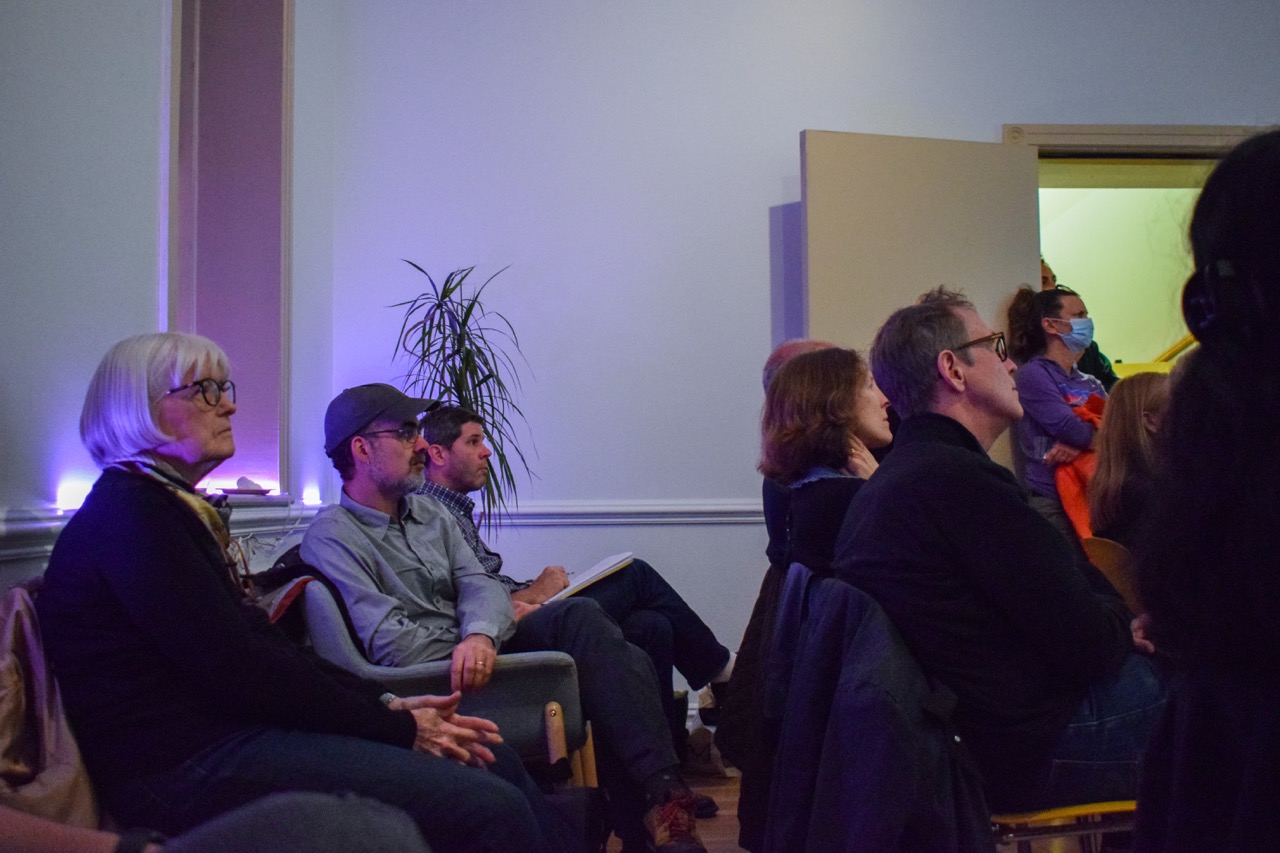
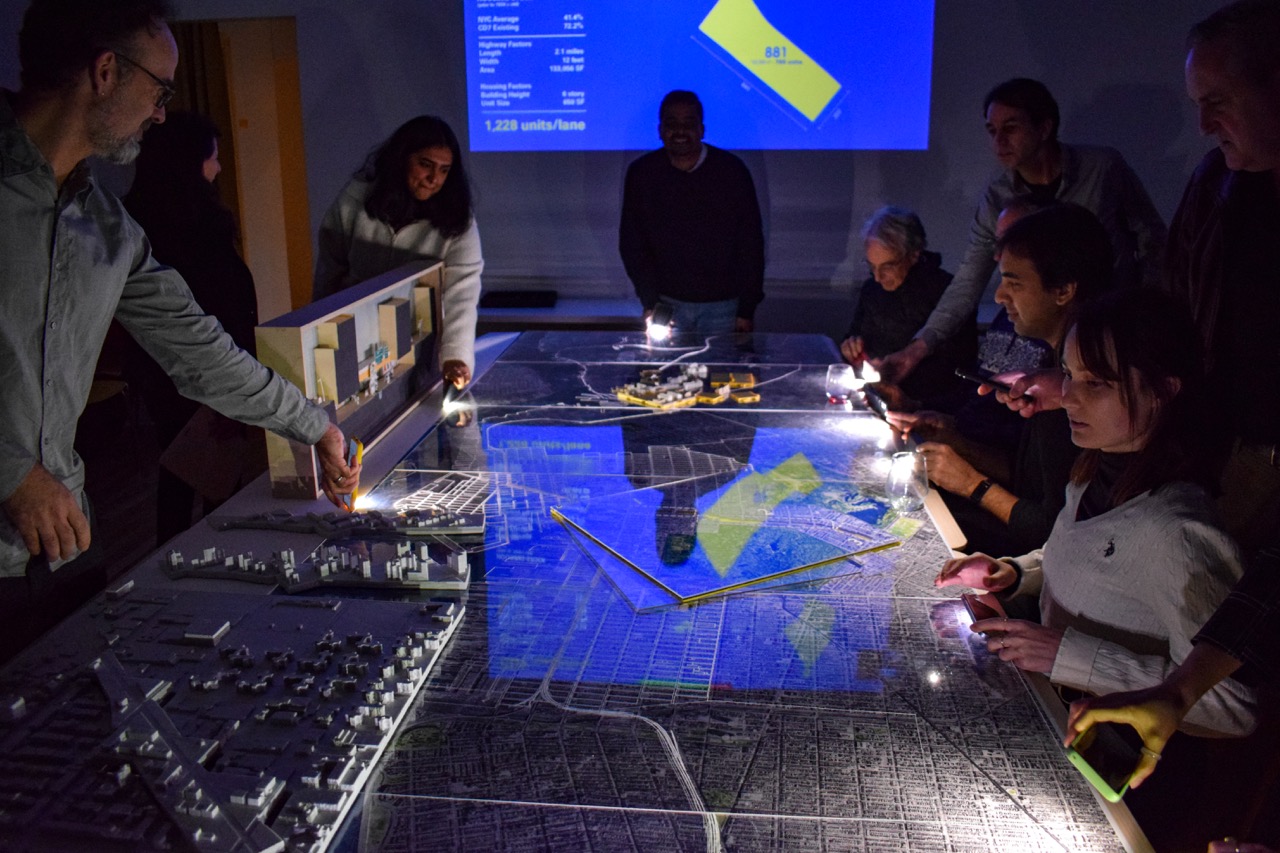
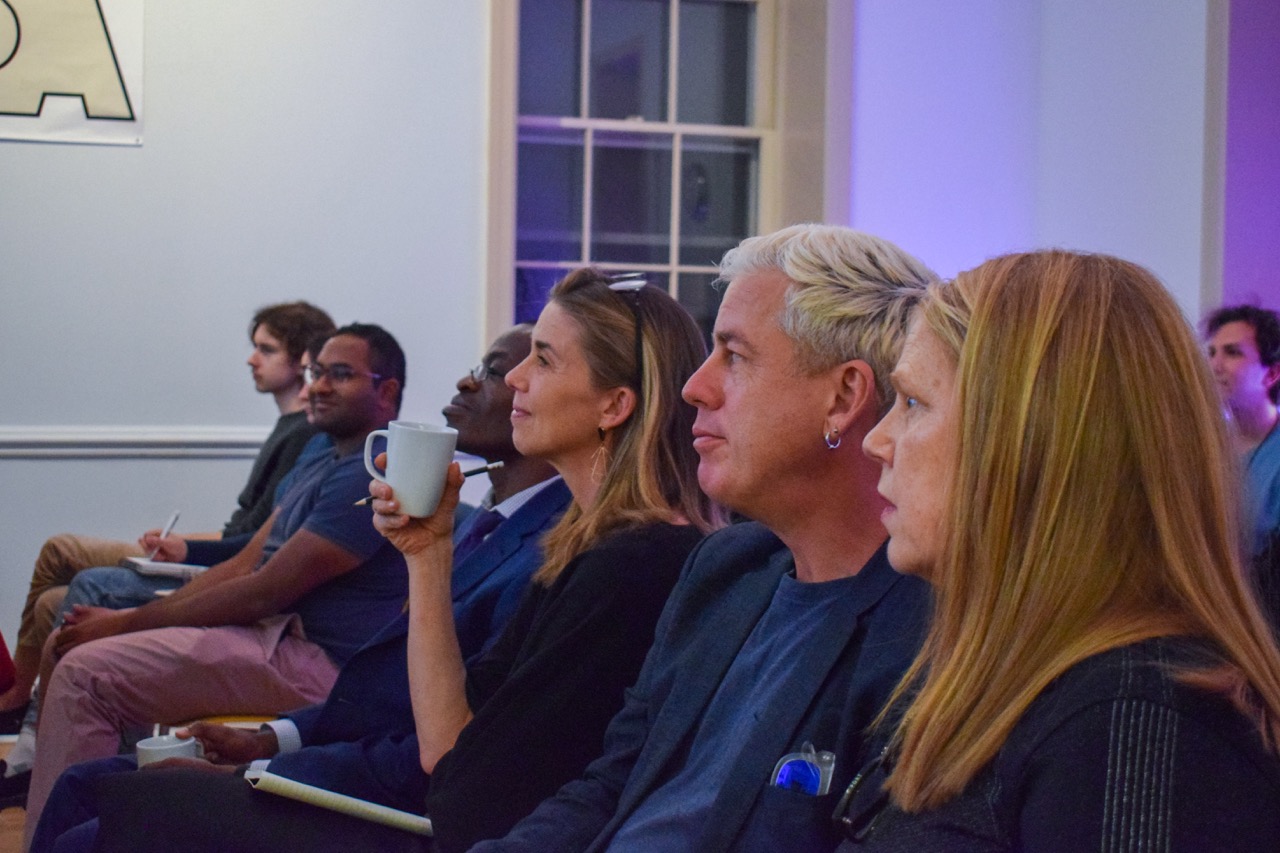
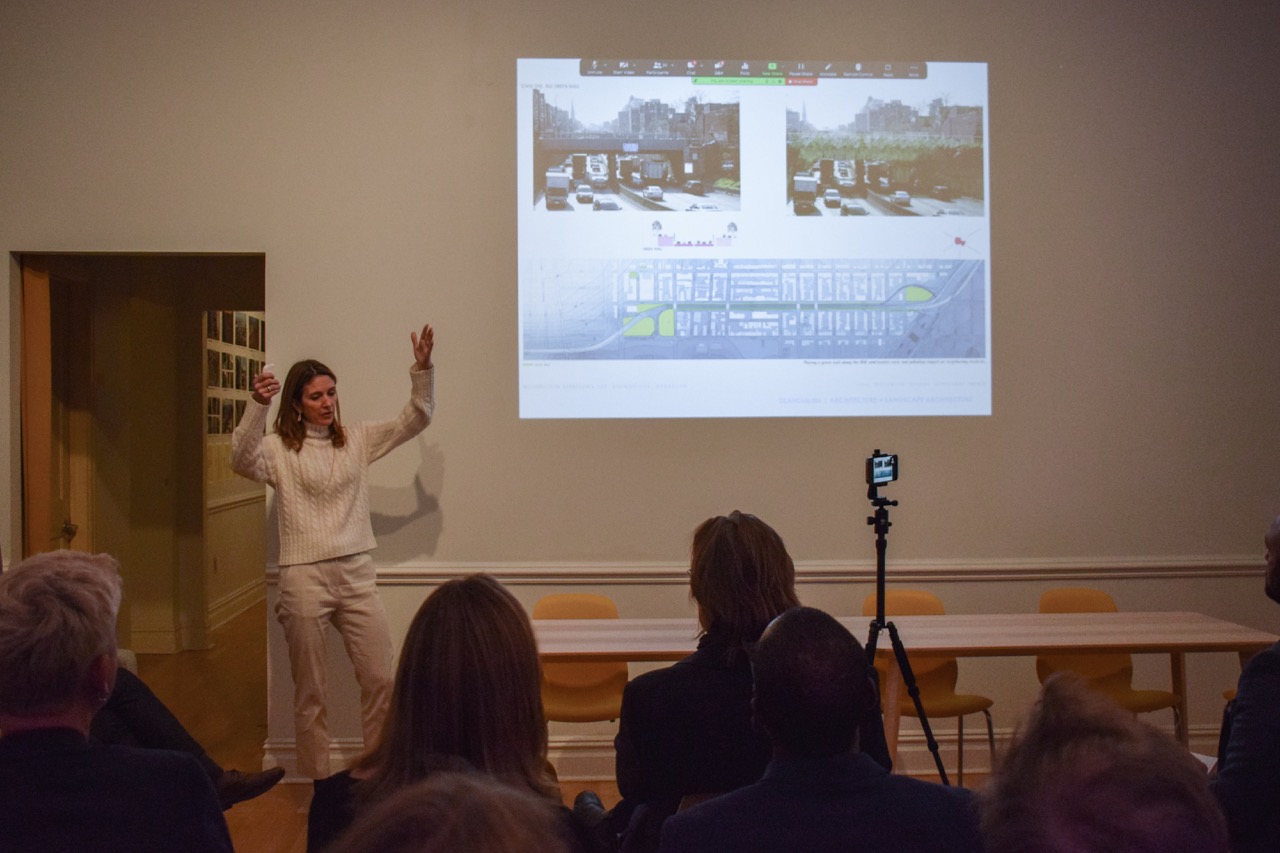
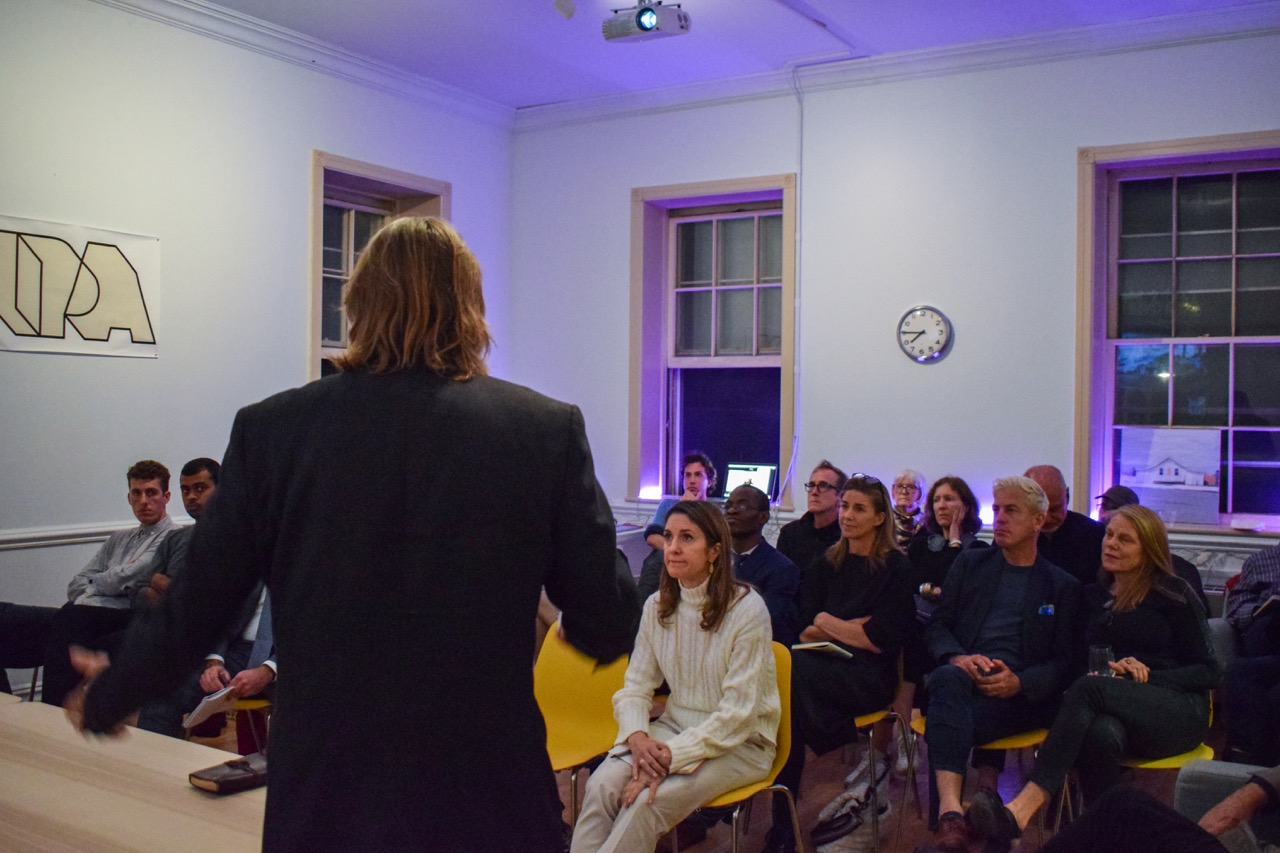
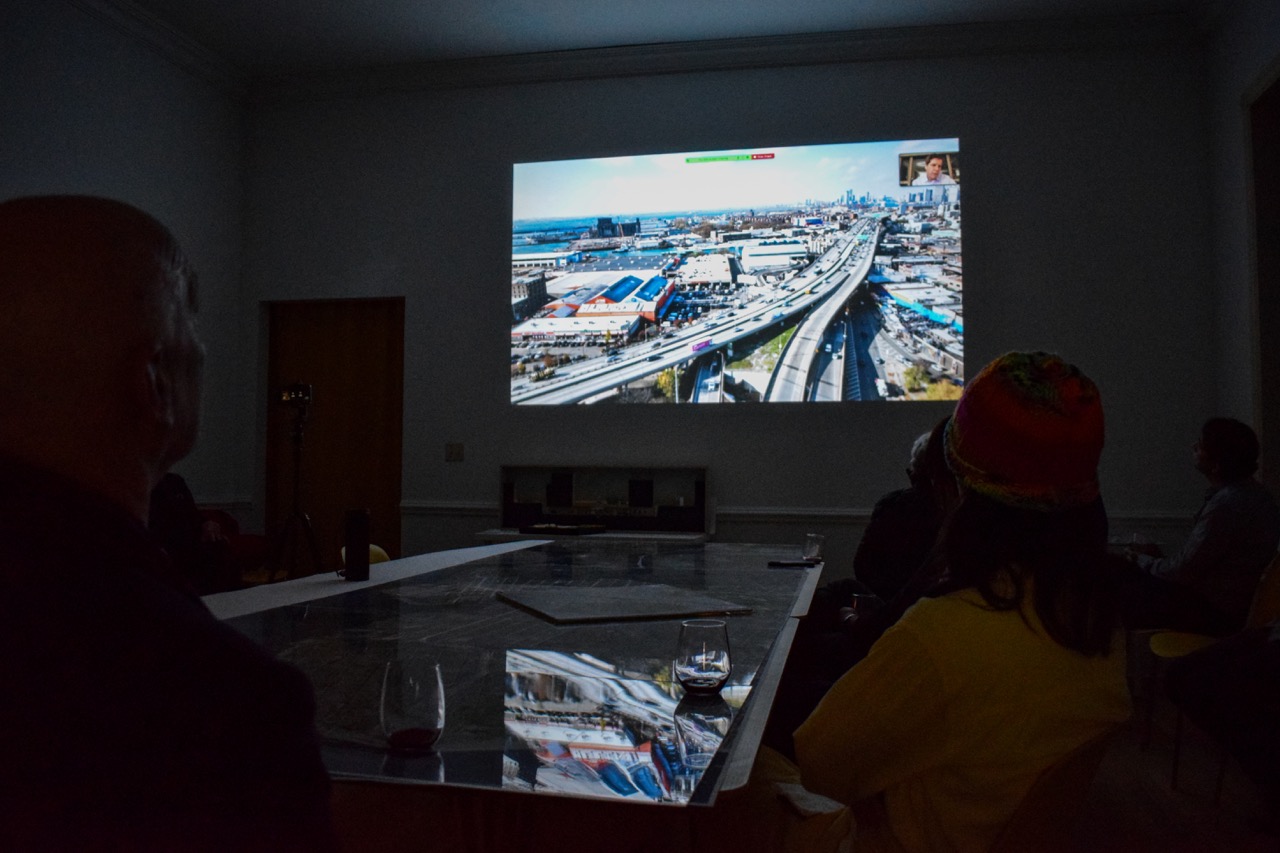
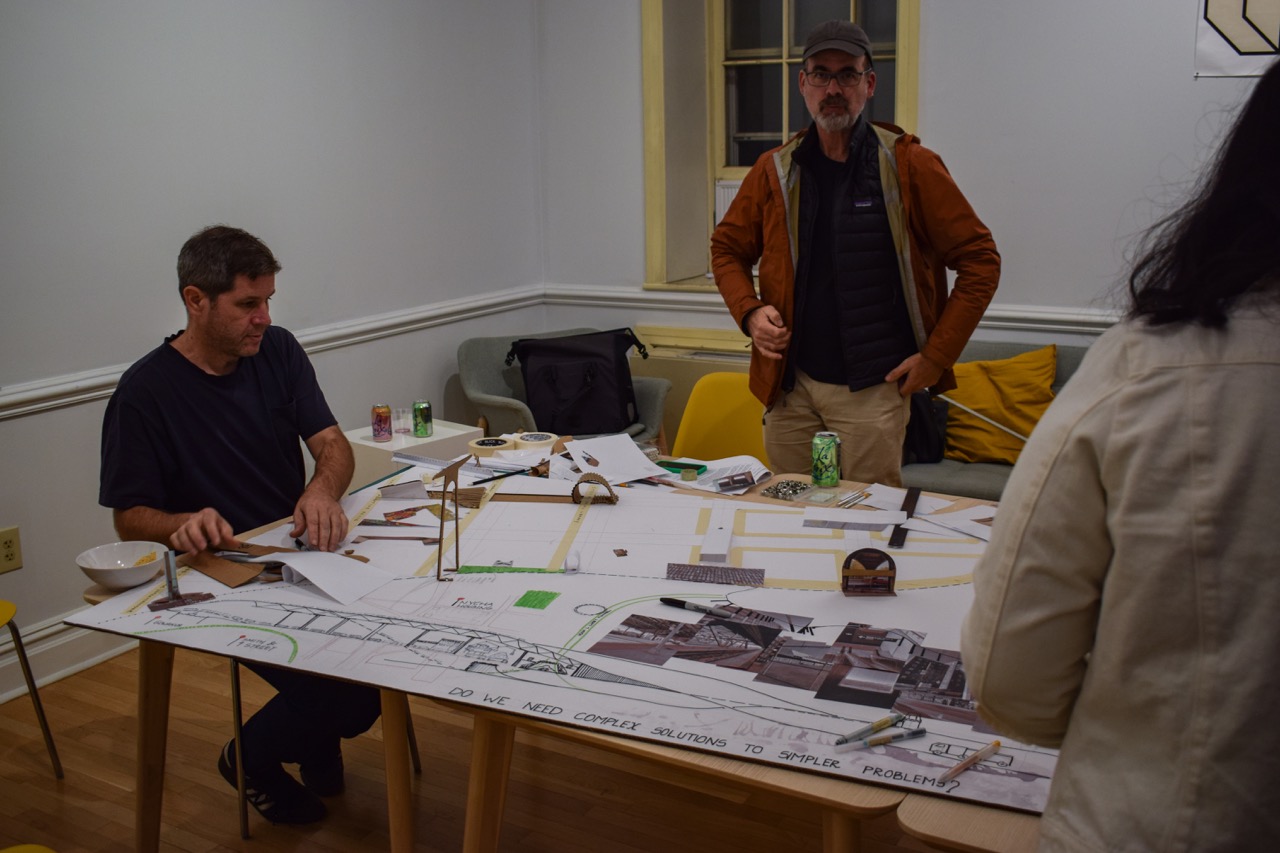
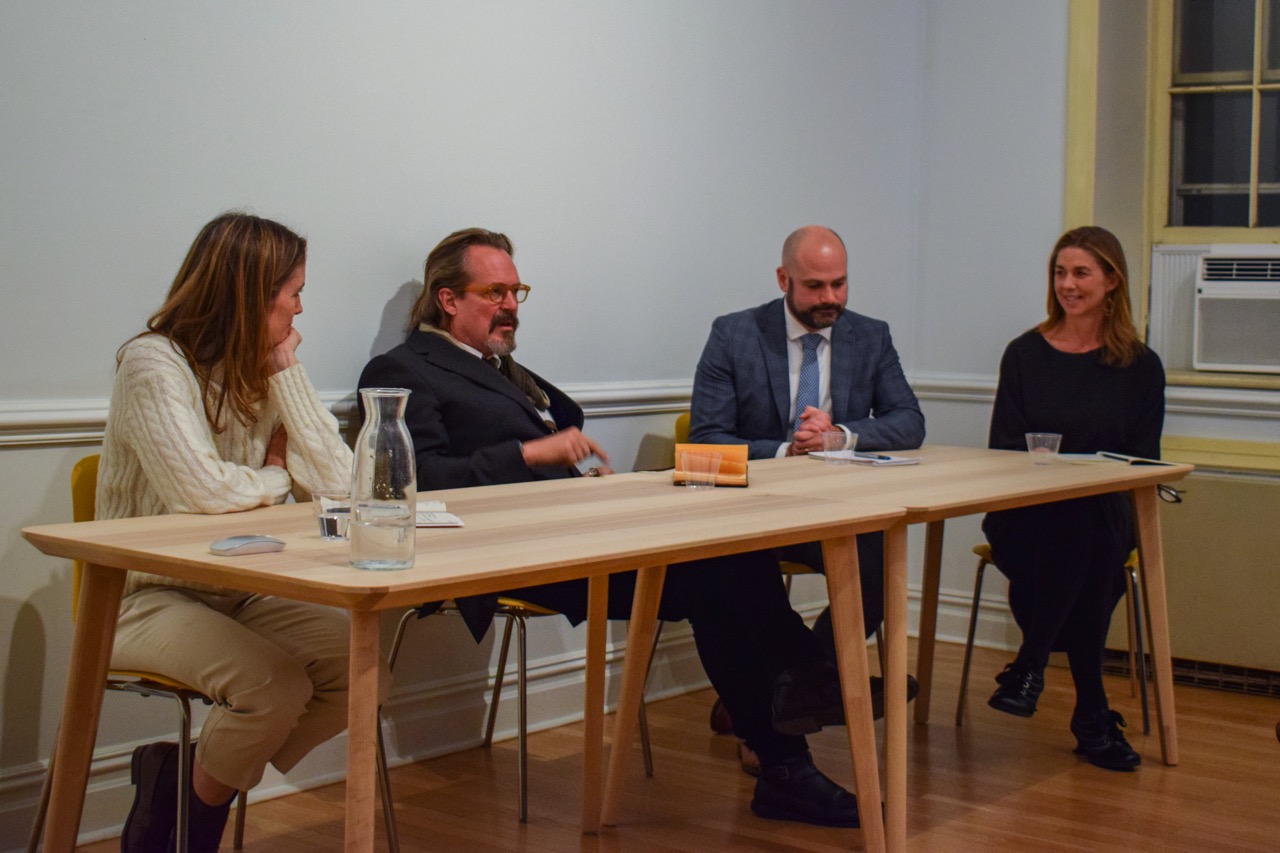
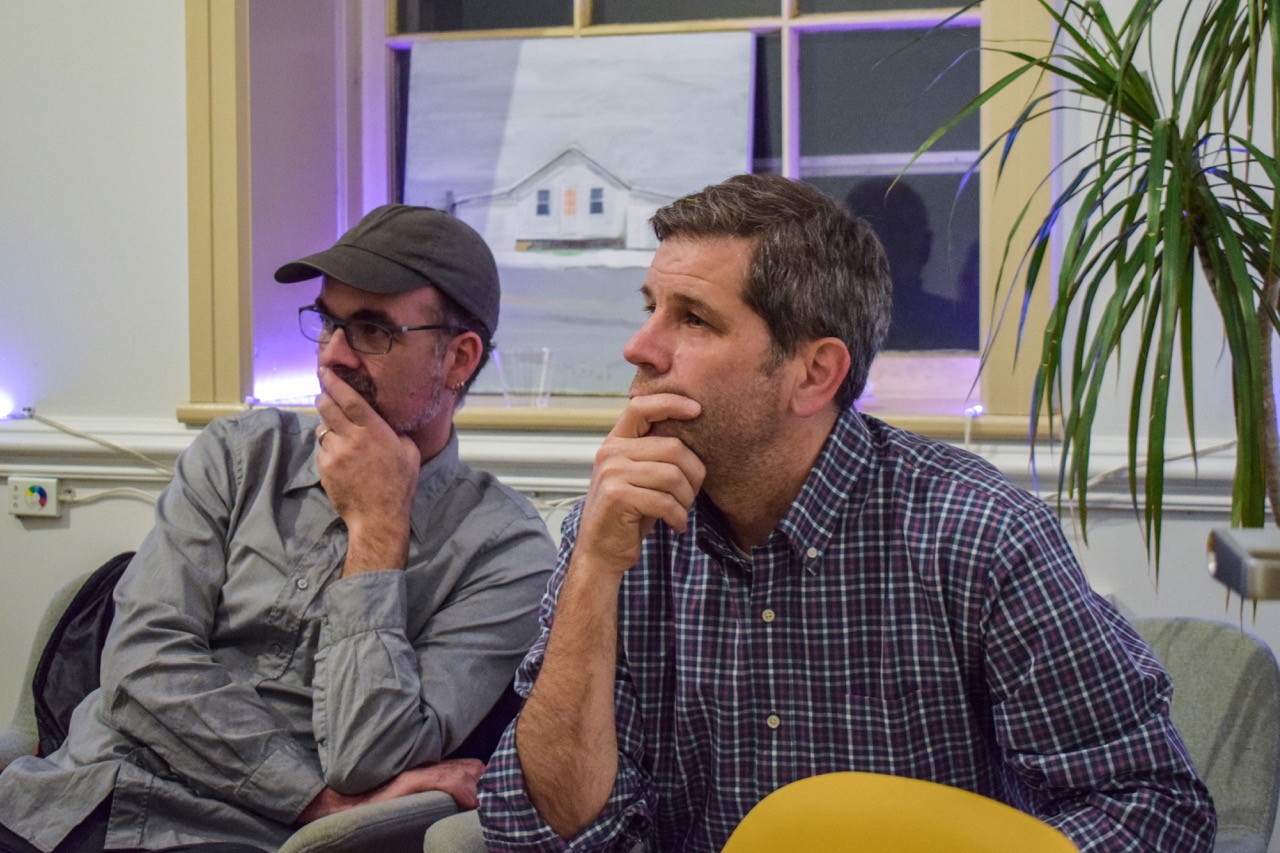
For too long now, New York City government officials have been struggling with what to do about the crumbling infrastructure of the BQE corridor, with the looming question of how to justify pouring billions of dollars into repairing only the Brooklyn Heights triple cantilever portion of the Expressway at the expense of stabilizing other sections that cut through less well-heeled communities. While the NYC Department of Transportation is currently undertaking a strategic review of the BQE corridor, the IPA continues its parallel investigation into what can be done with this aging piece of Moses infrastructure, including the possibility of removing it in total or in part.
Other cities have seen highway deconstruction as a means to redress the challenges of climate change, environmental justice, quality of life, and urban development in one fell swoop: San Francisco’s Octavia Boulevard, The Harbor Drive Freeway in Portland, Oregon, Boston’s Big Dig, Rochester’s Inner Loop East and North, and most recently, Syracuse’s Interstate 81. Why can’t we?
With the recently passed Bipartisan Infrastructure Bill and Inflation Reduction Act, which include over $4 billion for reconnecting communities negatively affected by urban highways, New York City has a “once-in-a-generation” opportunity to completely rethink our approach to the problem of decaying infrastructure, redirect our focus away from car-centric culture towards universal energy efficient transportation and “tackle the climate crisis, advance environmental justices, and invest in communities that have too often been left behind.” Read the full White House statement on President Biden’s Bipartisan Infrastructure Law here.
The IPA invited community engagement professionals, urban activists, urban planners, and designers, in partnership with local stakeholders, to select a catchment area associated with one of the Community Boards along the BQE (Brooklyn CB 10, 7, 6, 2, & 1 and Queens CB 1 and 2), in which to facilitate community discussions about the potential transformation of the BQE corridor.
The 2022 Fellowship builds upon the IPA’s very successful and well attended 2020 Fall Fellow Fellowship “To Be or Not to BQE: A Post-Moses Community Vision.”
Other cities have seen highway deconstruction as a means to redress the challenges of climate change, environmental justice, quality of life, and urban development in one fell swoop: San Francisco’s Octavia Boulevard, The Harbor Drive Freeway in Portland, Oregon, Boston’s Big Dig, Rochester’s Inner Loop East and North, and most recently, Syracuse’s Interstate 81. Why can’t we?
With the recently passed Bipartisan Infrastructure Bill and Inflation Reduction Act, which include over $4 billion for reconnecting communities negatively affected by urban highways, New York City has a “once-in-a-generation” opportunity to completely rethink our approach to the problem of decaying infrastructure, redirect our focus away from car-centric culture towards universal energy efficient transportation and “tackle the climate crisis, advance environmental justices, and invest in communities that have too often been left behind.” Read the full White House statement on President Biden’s Bipartisan Infrastructure Law here.
The IPA invited community engagement professionals, urban activists, urban planners, and designers, in partnership with local stakeholders, to select a catchment area associated with one of the Community Boards along the BQE (Brooklyn CB 10, 7, 6, 2, & 1 and Queens CB 1 and 2), in which to facilitate community discussions about the potential transformation of the BQE corridor.
The 2022 Fellowship builds upon the IPA’s very successful and well attended 2020 Fall Fellow Fellowship “To Be or Not to BQE: A Post-Moses Community Vision.”
Projects
Events
Fellow Teams
The Prospect Trace
Red Hook Reboot
︎︎︎ View all IPA Fellows
Community Partners
